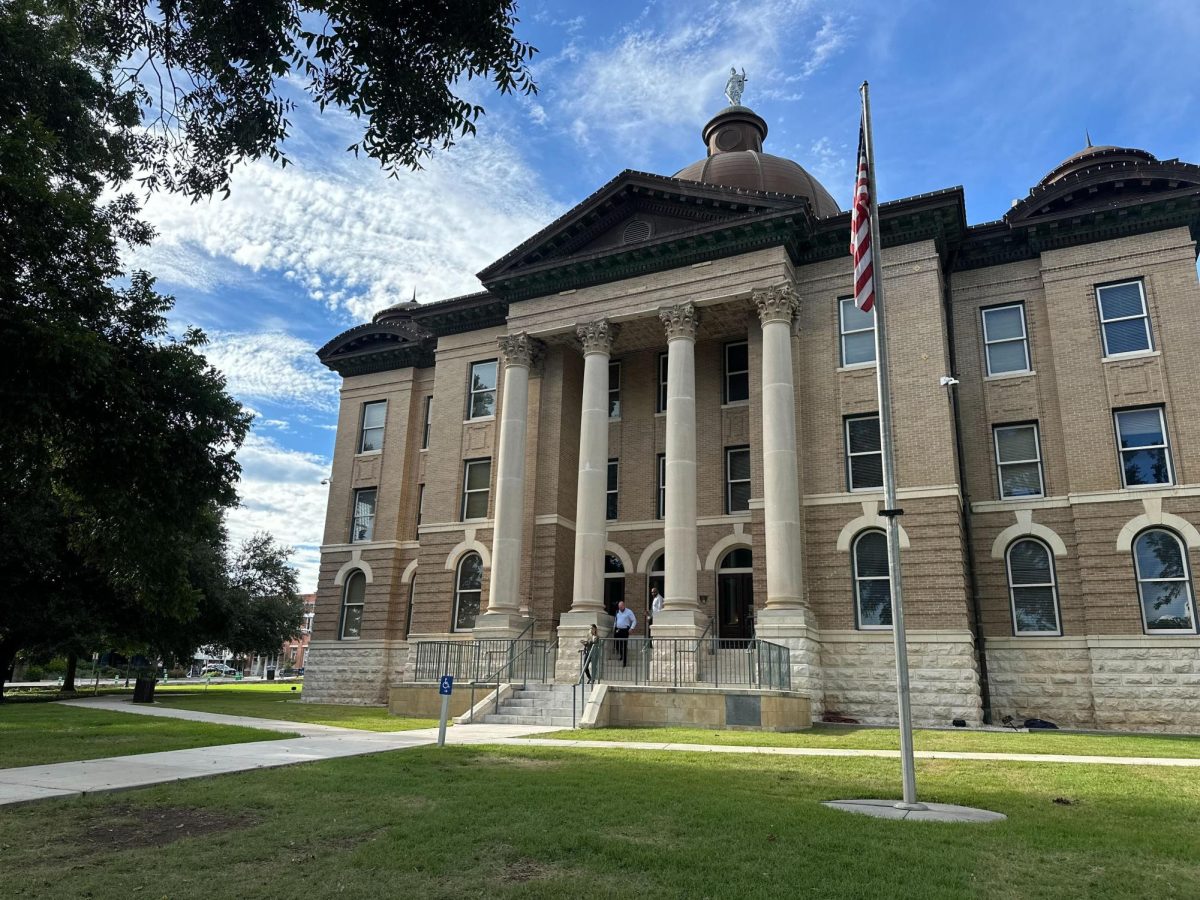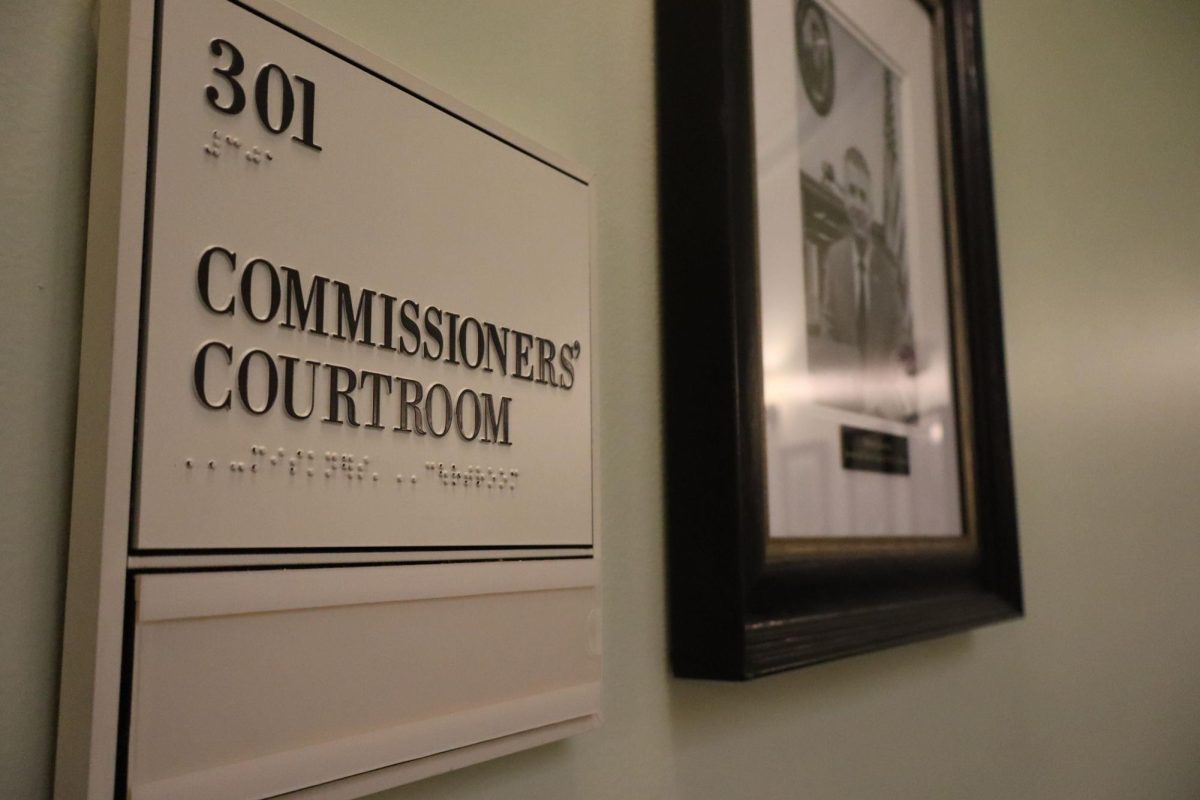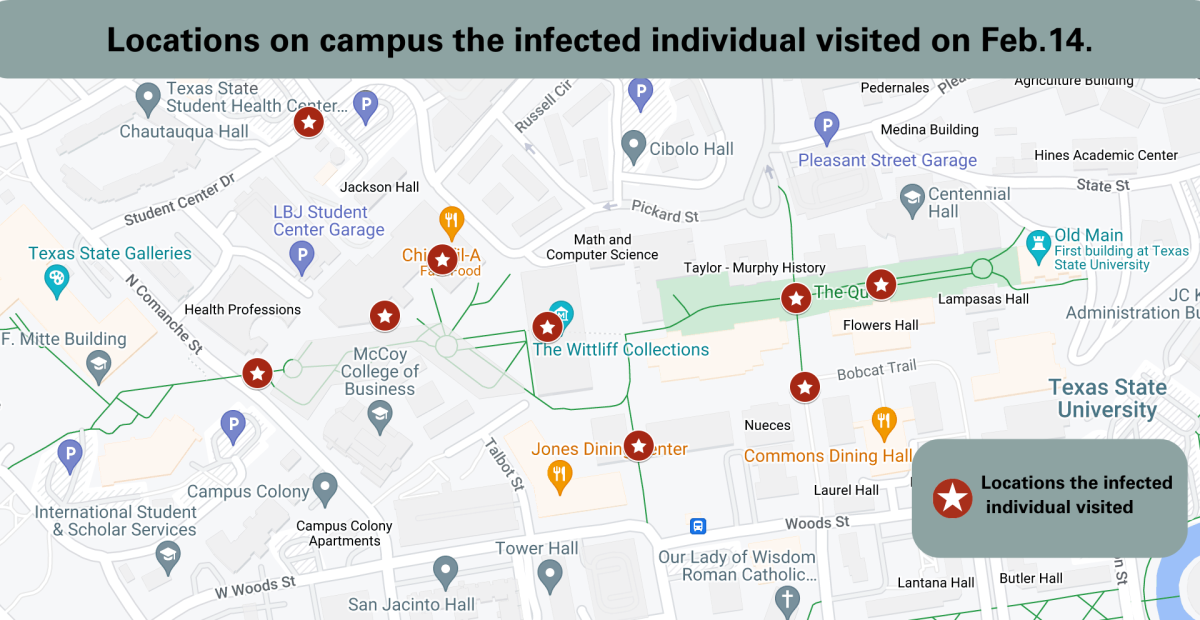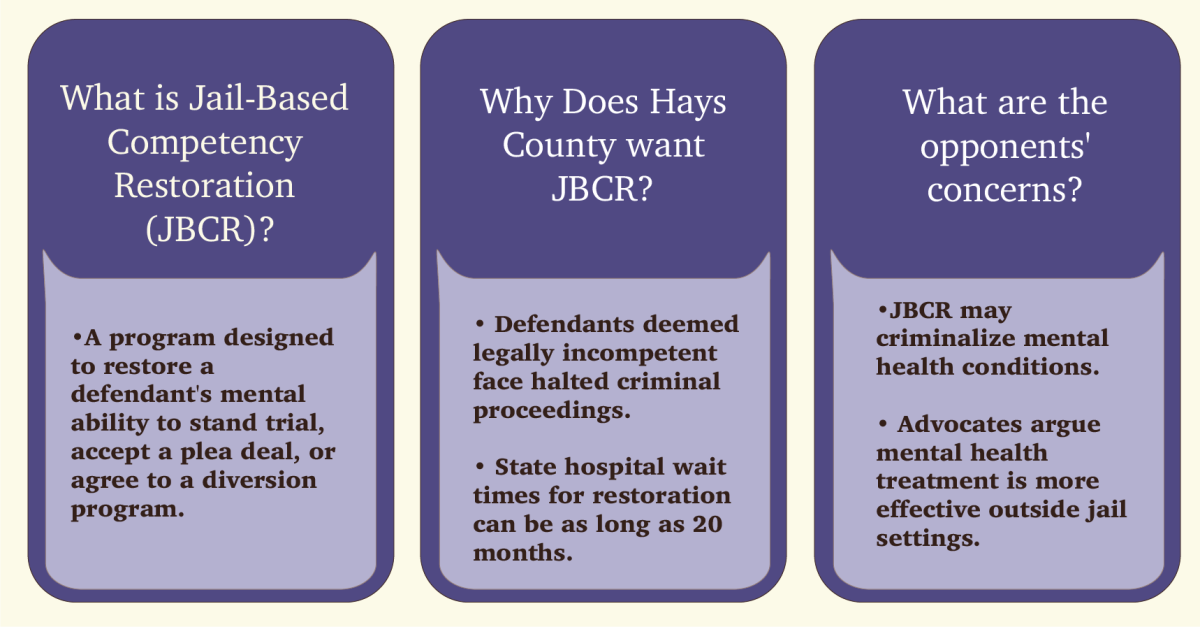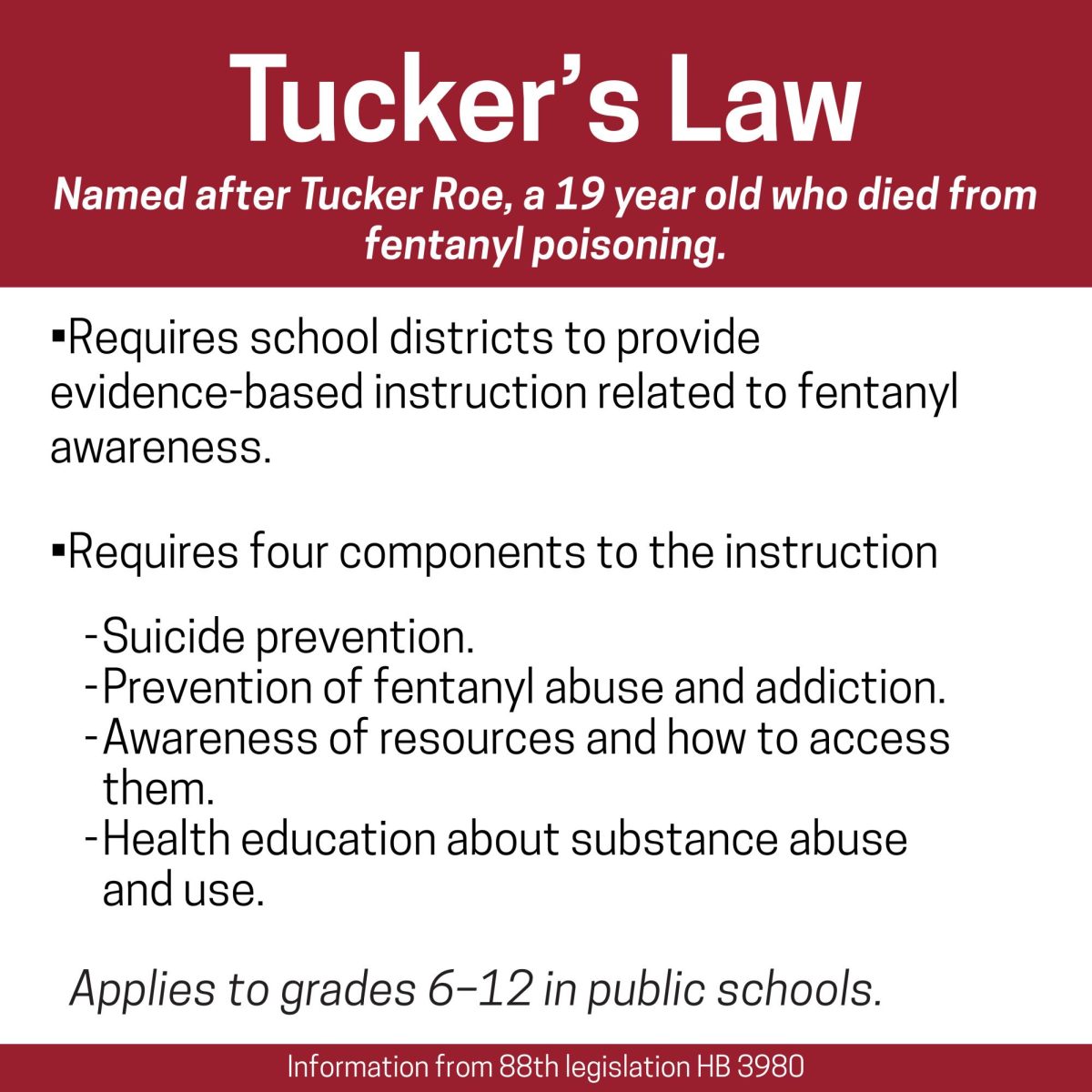During its Jan. 7 meeting, the Hays County Commissioners Court swore in officials elected in the Nov. 5 general election and made moves towards establishing a jail-based-competency restoration (JBCR) program.
The swearing-in was only ceremonial, as the officials had been in their roles since Jan. 1 or earlier. Some sworn-in officials included Commissioners Morgan Hammer and Debbie Ingalsbe and Tax-Assessor Collector Jennifer Escobar.
“So soon as the clock struck midnight, some of these wonderful people were already sworn in officially,” Hays County Judge Ruben Becerra said.
The court heard comments on approving letters of support for the county to work with Hill Country MHDD to establish a JBCR program. If implemented, the program will eventually serve to help restore “mental competency” to individuals with mental health conditions in the Hays County Jail.
According to Hays County Criminal District Attorney Kelly Higgins, who spoke at the meeting, inmates who have been deemed “mentally incompetent,” meaning they don’t have the mental capacity to make legal decisions, can not stand for trial. Higgins said that incompetent individuals must have their “competency restored” before being able to move further with their case.
“Do we want to put them on a waitlist, or do we want to be able to clear that case with a conviction, with a deferred adjudication, with a dismissal, with a decline? It doesn’t matter,” Higgins said. “We can’t touch the case until that person is restored. Restoration is just the first step toward any criminal process.”
Civil rights attorney Karen Muñoz spoke against supporting a JBCR program, instead, she argued that JBCR criminalizes having a mental health crisis.
“Competency restoration is narrowly focused on stabilization, symptom management and required legal education,” Muñoz said. “In effect, this means that competency restoration exists so that the state can punish people for their disabilities or for the behaviors that are a result of their mental illness.”
Muñoz recommended alternatives to JBCR, such as outpatient competency restoration, where incompetent individuals would be treated outside of a jail setting.
According to Higgins, the wait for competency restoration in a state-run facility can often exceed 20 months. Higgins argued that while JBCR is not perfect, it is better than the current system of waiting, with jail times that often exceed the maximum holding time for a charge before an individual’s competency can be restored.
“We need a diversion center so that that person probably maybe didn’t go to jail in the first place. We need outpatient resources, but because we need other things, is not an argument against jail-based competency restoration,” Higgins said. “I don’t want them held 20 months until the State of Texas gets around to providing the medical care they need, I want us to provide the medical care up front.”
After hearing from several other individuals discussing the JBCR program, the Hays County Commissioners Court unanimously approved moving forward on the process to establish the program.
The Hays County Commissioners Court 9 a.m. on select Tuesdays each month. For more information, visit its website.





